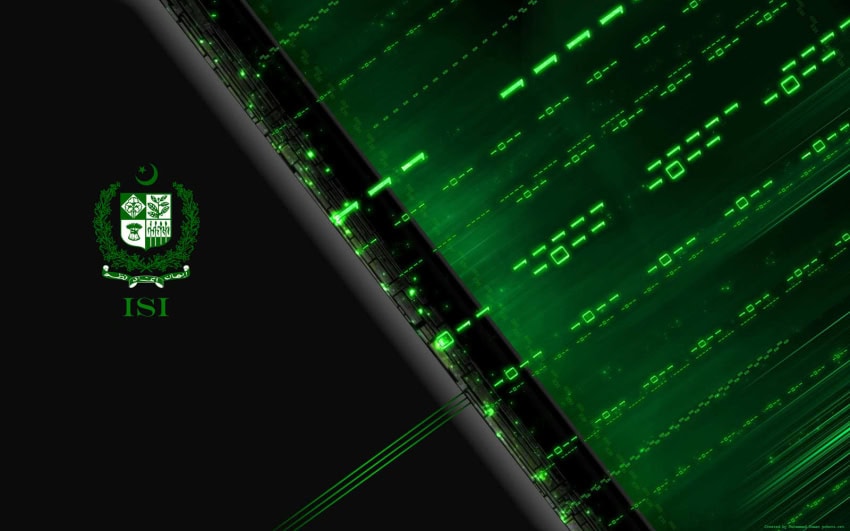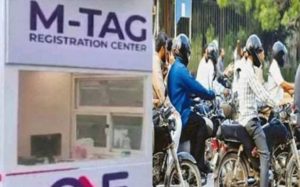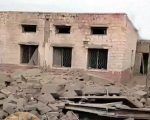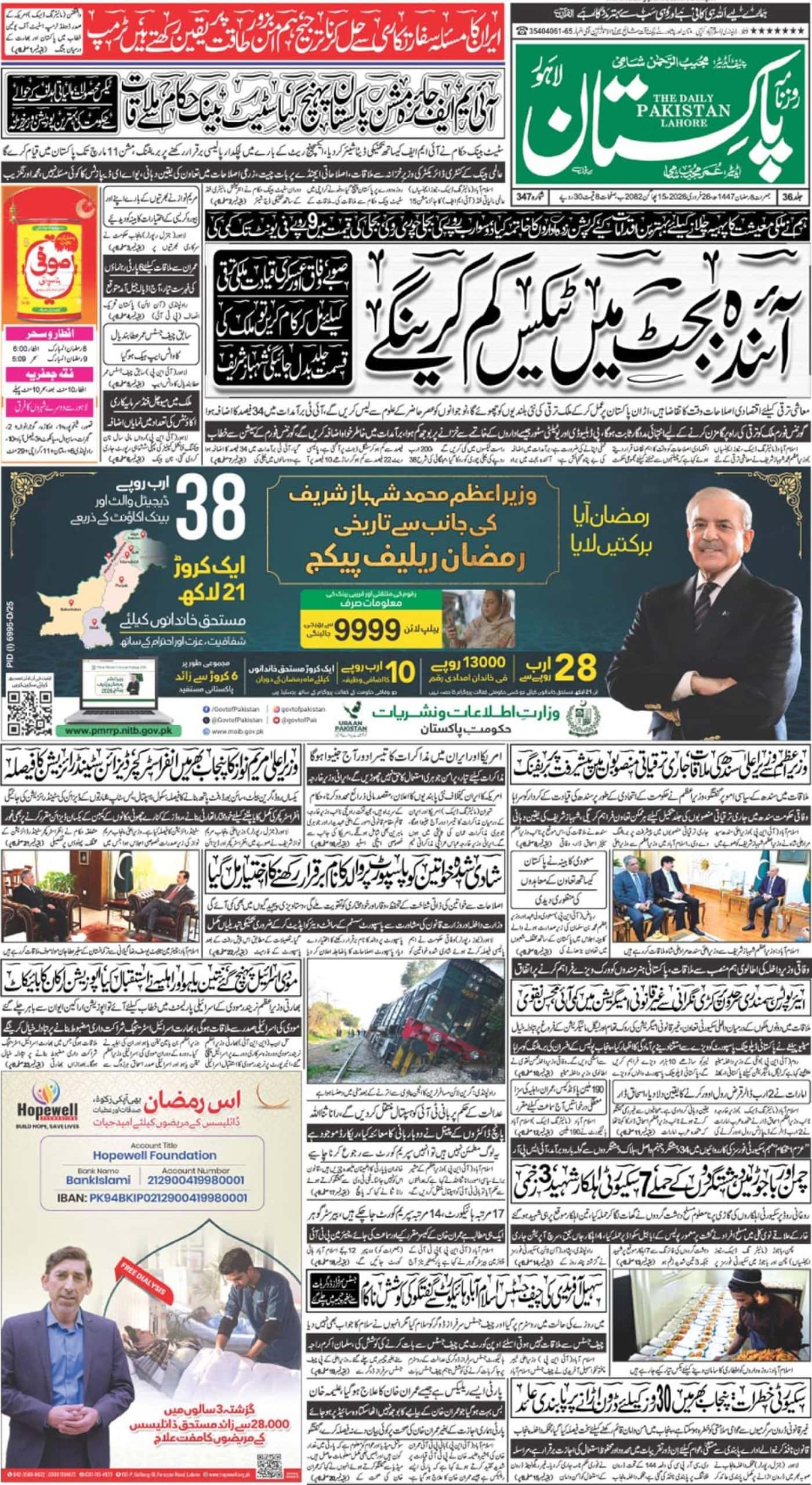Pakistan’s spy agency, Inter Services Intelligence (ISI), has been consistently ranked as one of the most powerful in the world by various magazines.
The ISI even holds the respect of former officials of its traditional rival, India’s premier spy agency Research & Analysis Wing (RAW).
Read Also: 5 Biggest Achievements of the ISI
“The most powerful intelligence agency is either KGB which no more exists or ISI, because they are very anonymous,” said AS Dulat, former RAW chief, while addressing a session in New Delhi last year.
Lieutenant-General Rizwan Akhtar took over the reins of the agency in November last year. He took charge from Lt-General Zaheerul Islam as Director General, considered to be one of the most powerful and demanding positions in the country.
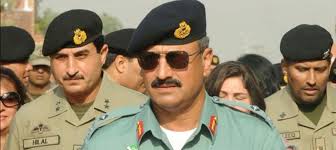
In May, Army chief General Raheel Sharif directed the country’s various intelligence agencies – including the ISI – to take more active countermeasures against the moves of the hostile spy agencies working to destabilize Pakistan.
ISI has, so far, done a brilliant job in carrying out intelligence-based operations against militants in various parts of the country, including major cities like Karachi and Lahore.
However, some of the agency’s operations have not been as successful as others. With an ever greater flow of ‘sensitive’ information making its way into the mainstream media, the agency’s performance can now be viewed in a more critical light.
1. Letting a Brigadier sell OBL’s location to United States
In 2015, media reports suggested that Brigadier Usman Khalid of Pakistan Army had provided the CIA with extensive information about the location of Osama Bin Laden’s compound in Abbottabad.
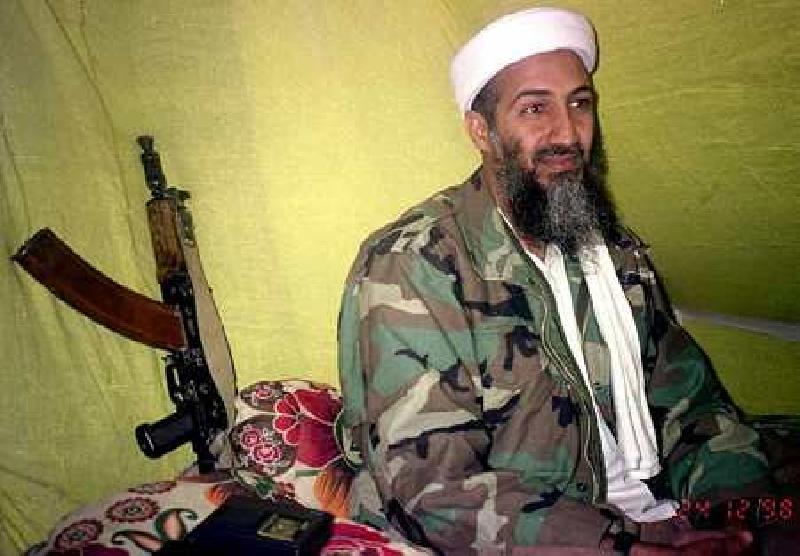
According to reports, Brig. Khalid was a walk-in informant for the Americans who had defected from the Pakisani Military and gave OBL’s location to them in exchange for money and protection. This resulted in Dr Shakil Afridi conducting a fake polio campaign with the CIA in order to confirm bin Laden’s presence in the compound through a DNA sample.
After success of the OBL raid, Brigadier Khalid was awarded American nationality and shifted to United States along with his family.
According to veteran journalist Seymour Hersh, American president then called his Pakistani counterpart to inform him about the strange turn of events, much to latter’s embarrassment.
Not detecting such a high profile defection remains one of the biggest failures if ISI.
2. Unable to provide concrete proofs of India-sponsored terrorism in Pakistan
After the Mumbai Attacks, India was extremely quick to compile dossier to make Pakistan look bad internationally. This was no doubt done by their notorious spy agencies. Pakistan has, however, failed to compile such dossiers despite 15 years of terrorist attacks on its soil sponsored by various hostile spy agencies including Afghanistan NDS and India’s RAW.
However, in a rare success, in March this year, Pakistan’s security forces arrested a serving Indian Naval Commander, Kalbushan Yadav, who was coordinating Research and Analysis Wing activities in Balochistan.

Later in the month, the Inter-Services Public Relations (ISPR) wing of Pakistan Army released a confessional statement of the Indian spy who admitted to carrying out subversive activities in Balochsitan and Sindh by channeling funds to separatists and other militant organisations.
While the video was trumpeted as concrete proof of Indian espionage in Pakistan, it has largely been ignored by international media and other international powers, including the US. India was able to duck under the issue, despite admitting Yadav was a Naval officer, and declined to apologize on government or military level, arguing that the statement had been recorded under duress and was not admissible in a court of law.
3. Failing to rein in militants created for the Afghan War in the 80s
Rarely does a country fight the same war twice in one generation. Even rarer is to fight the same war twice, but from opposite sides. Yet that is in many ways what Pakistan is doing inside its own territory today.
In the 1980s the CIA, in collaboration with the ISI, undertook the largest covert operation in its history to defeat the Soviet army in Afghanistan working from a safe haven in Pakistan.
The ISI, especially late General (R) Hameed Gul trained Afghan warlords in guerrilla warfare and armed them with the latest American weapons.
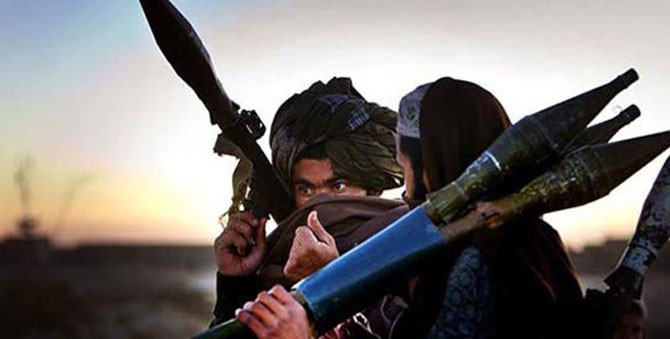
With Pakistan support, those fighters helped CIA and US force the retreat of Soviet forces from Afghanistan.
After the Soviet pull-out, many guerrilla fighters in Afghanistan looked towards new fronts for ‘jihad’.
The movement, which in Afghanistan was led by warlords like Gulbuddin Hekmatyar, Mohammad Yunus Khalis, Ahmed Shah Massoud, Osama bin Laden and Ayman al-Zawahiri has evolved beyond a fight to free Muslims in their homeland.
With America now occupying Afghanistan and fighting a Taliban-led insurgency in the country with Pakistani support, the tides of the jihadi movement have now turned on Pakistan. Many of its leaders once sympathetic to Pakistan now denounce the country’s role in supporting the American occupation.
As a result, numerous government installations and ‘soft’ targets like schools, hospitals, markets and places of worship have all been targeted on Pakistani soil, often by the very same groups who were our allies at various times during the Afghan insurgency. Conversely, Pakistan has also been accused by the US, its supposed ally in the Afghan conflict, for clandestinely supporting the Afghan Taliban in resisting American occupation of the country.
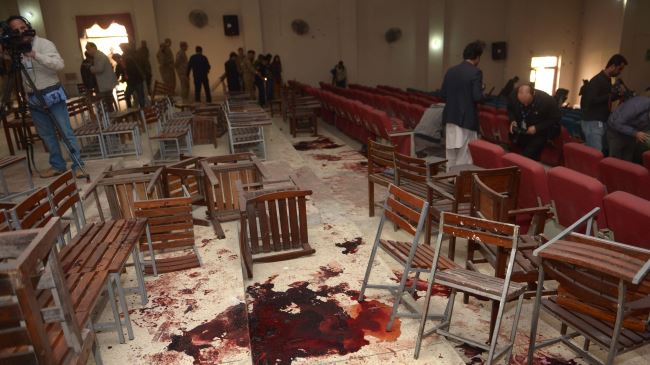
Before a terrorist attack on an army-run school in Peshawar, an alleged shift in the military and ISI’s policy towards all terrorist groups was announced. After over 130 children were massacred, the new army chief, General Raheel Sharif, ordered indiscriminate action against the militants. Following the orders, large-scale military operations were launched against the same fighters Pakistan had been supporting for years against Soviets and Americans.
However, keeping the history of the Afghan in view, in which many such shifts have been announced and reversed, it is unclear whether the policy of indiscriminately targeting all militants can be sustained for long.
4. Lack of a reliable terror threat alert system and intelligence sharing for LEAs in Pakistan
Non-cooperation between the civil and military agencies on intelligence-gathering has resulted in several deadly disasters, including the suicide hit on slain Punjab Home minister Shujaa Khanzada last year, and the attack on Bacha Khan University in KP this year.
While threat alerts often correctly identify potential targets of terrorism, they sometimes lack specific information regarding the nature and timing of the attack. According to Police sources, speaking to Daily Pakistan on the condition of anonymity, a lack of specificity makes it near-impossible to take effective countermeasures based on the intelligence in such alerts.
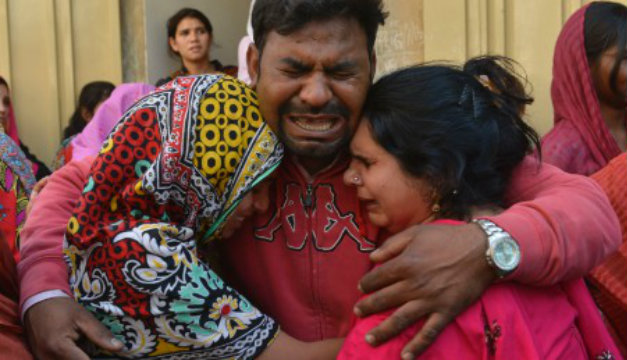
Many a times, it was reported in media that the lack of cooperation between the civil and military agencies led to the failure in making a credible terror threat alert system in the country.
Intelligence sharing between military and civilian agencies was also enshrined as a key point of the National Action Plan (NAP), Pakistan’s first comprehensive policy to tackle terrorism on its soil. However, the Joint Intelligence Directorate to be established under NAP is still non-functional. Some media observers have put this down to the ISI’s refusal to share real-time intelligence with civilian LEAs and intelligence agencies.
5. Political engineering moves which eventually come to light and make parties like the MQM more entrenched
Since the Karachi Operation is launched, over 150 ‘political’ workers of Karachi-based Muttahida Qaumi Movement (MQM) have gone missing. The MQM leadership blames Pakistan Rangers (Sindh) for the forced disappearance of its workers.
Recently, former mayor of Karachi under the MQM government, Mustafa Kamal also returned to Pakistan from a self-imposed exile in Dubai, and alleged that the party was involved in promoting militancy and terrorism with the city.
To many his return marks the resurfacing of the politics of the ’90s in Karachi, in which the ISI played a role in splitting the MQM into two rival groups and stoking clashes between them.
The truth is that MQM has been running a militant wing to get a hold on the biggest city of Pakistan.
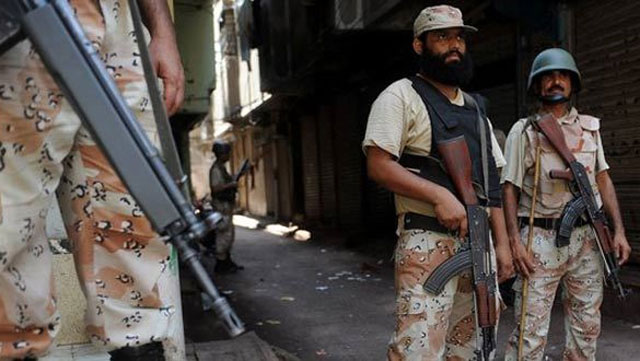
Before that, ISI’s disbursement of funds to various political parties has also come to light. Former DG ISI Asad Durrani has, on the record, admitted to interference in politics and many such revelations in Asghar Khan case have been made public. These public revelations and shoddy operational tactics end up not only making our country’s premier intelligence agency look bad, but also hinder its ability to conduct its core missions clandestinely.
While ISI remains one of the best intelligence agencies of the region, there are many things they can work on to improve. ISI is Pakistan’s first and arguably one of the most important lines of defense against our enemy, and we should work as a nation to improve it.
With contributions by Ahmad Shah Durrani, Associate Editor, Daily Pakistan

